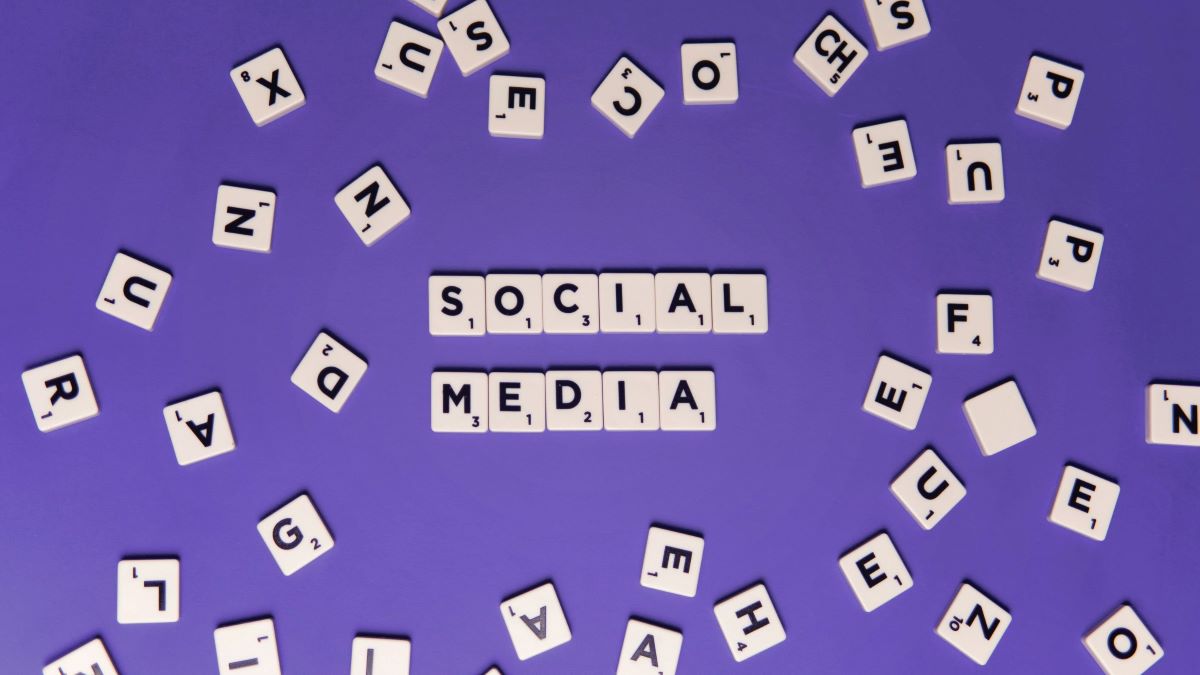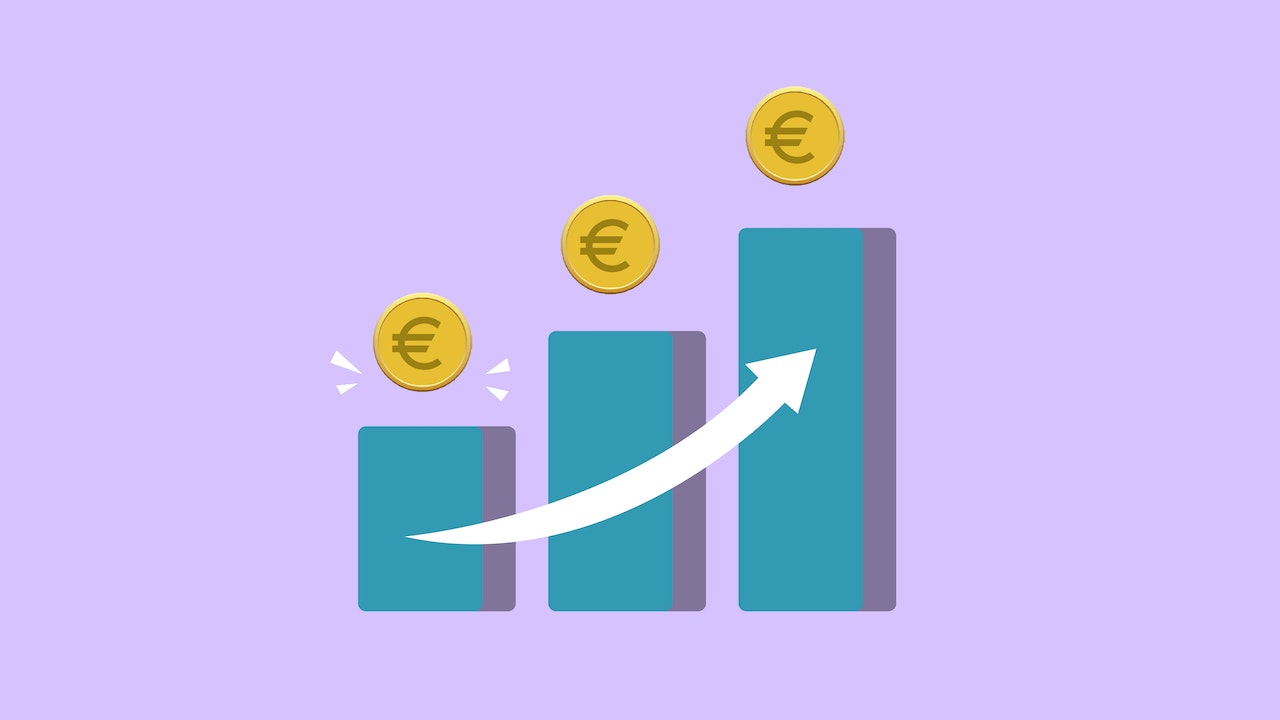Hey there! I’m back with a new post in my “AI in Marketing” series. Today, I’m bringing Artificial Intelligence into the ocean of likes, shares, tweets, and hashtags — AI in Social Media.
Social platforms have revolutionized the way we connect, communicate, and consume content. But have you ever wondered what’s next? We’re already living in the age of AI-enhanced photo filters, AI-generated content, and personalized suggestions. However, the implications of AI in social media is about so much more than Instagram’s latest face filter or Facebook’s friend suggestions. It’s also about gaining laser-precise audience insights, automating customer service, and predicting trends before they’re trending!
In this blog, we will explore how AI is reshaping the social media landscape, making life easier for marketers, and providing a more personalized experience for users. So, grab a cup of coffee (or tea, if you’re more into that), and let’s dive into the universe where AI meets social media. Here are the key takeaways that you will leave with:
- AI can help generate, moderate content, and craft social media strategies
- Generative AI tools offer exciting possibilities for content creation.
- Sentiment analysis and social listening provide valuable insights about public opinion.
- The future of AI in social media is promising, but a balance between AI and human input is crucial.
- Ethical considerations around AI usage are paramount.
Content Creation with Generative AI
Our journey begins with the very foundation of any social media platform: content creation. Gone are the days when content was solely the realm of human creativity. Nowadays, AI, specifically generative AI, is making waves in the content creation world. And when I say waves, I mean a veritable tsunami of posts, captions, and even creative strategies! But also the wave of uncertainty for many content creators.
Let’s start with social media posts. We all have those days when the creative juices just refuse to flow. The screen stares back, and we can’t think of a single interesting idea. Enter AI. Tools like ChatGPT, which use advanced AI models, can generate creative content ideas. These AI tools analyze historical data, trending topics, and user interests to suggest post content. You provide the direction, like the topic and the desired tone of voice, and voila! You have a draft ready to be tweaked and posted.
AI doesn’t stop at post content. It extends its ability to creating catchy social media captions too. We all know the importance of captivating the audience. It’s the hook that draws the reader into the post. Some AI tools, designed specifically for this purpose, can generate Instagram-worthy captions that can resonate with your audience and boost engagement.
Remember when I mentioned that AI can also aid in creative strategies? Here’s how: AI algorithms can analyze the performance of past posts, track trending content in your niche, and even monitor your competitors’ strategy. Using these insights, AI can suggest the types of posts that would likely perform best. Imagine having a strategic advisor that works 24/7! Check-out this list of social media AI-powered tools that you can leverage for your strategy.
One thing to remember is, while AI is here to help, it doesn’t replace human contribution and creativity. Think of AI as a tool, a very handy tool, that assists in enhancing and streamlining content creation. The final touch, the human touch, is what truly connects with your audience.
Revolutionizing Social Listening with AI
We’ve already seen the magic AI brings to content creation, but that’s just the beginning. Now, let’s dive into the world of social listening. For those of you new to the term, social listening involves monitoring social media channels for mentions, reviews, competitors’ activities, and any discussions relevant to your brand. In simple terms, it’s having your ear to the ground in the vast, bustling town square of social media.
For years, marketing teams have been utilizing social listening to understand what customers are saying about their brands. However, the sheer volume of posts and conversations on social media platforms can be overwhelming. Analyzing this ocean of data manually is like finding a needle in a haystack. Enter AI.
By using sophisticated AI algorithms, social listening tools can analyze vast amounts of data from various social media platforms. They not only track mentions of your brand but also gauge the sentiment behind these mentions. This is sentiment analysis at its best, allowing you to understand how your audience feels about your brand and identify potential PR crises before they explode.
Picture this: Your company just launched a new product, and the social media buzz is off the charts. But is that buzz positive or negative? Are customers delighted with the new features, or are there concerns about its functionality? Sentiment analysis allows brands to dissect this data, providing a clear understanding of the overall sentiment and even specific issues that may need addressing.
A good example of AI-driven social listening tools is Sprout Social. It tracks your brand mentions, identifies trends, and provides actionable insights. By using AI to analyze data, it delivers a comprehensive overview of your brand’s social media presence.
But AI doesn’t stop at brand monitoring. It also tracks your competitors’ activities, giving you valuable insights into their social media strategy. This way, you can spot opportunities, identify gaps in your strategy, and stay one step ahead.
Finally, AI makes customer service on social media more efficient. AI chatbots, for example, can respond to common customer queries instantly, providing 24/7 customer service. Meanwhile, more complex issues can be flagged for human attention.
In a nutshell, AI in social listening offers a more accurate, efficient, and comprehensive way to monitor your brand’s social media presence. It’s like having a super-smart detective working round-the-clock, sifting through social media chatter to unearth golden nuggets of insight.
The Rise of AI Influencers
Alright, I promised a peek into the future, and here we go. Have you ever heard of AI influencers? Yes, they’re a thing.
Welcome to the world where AI is not just managing social media or creating content, it’s becoming the content. AI influencers are virtual personalities created using advanced algorithms and deep learning, and they’re making waves in the social media landscape. They don’t need sleep, food, or vacations. They’re picture-perfect, perpetually young, and can be anywhere, anytime, doing anything – all in the virtual realm, of course.
One of the pioneers in the field of AI influencers is Lil Miquela, a computer-generated character who has over three million followers on Instagram. She posts photos, collaborates with real-world brands, and even releases music. Another example is Imma, a virtual Japanese model who’s graced the covers of several magazines.
But it’s not just about glitz and glamor. AI influencers represent a significant shift in marketing. Brands can collaborate with these ‘virtual beings’, giving marketers full control over the influencer’s actions and messages. This means more consistency in brand messaging and no risk of off-brand behavior or scandals that human influencers might cause.
However, as futuristic and exciting as this sounds, it’s not without ethical concerns. The boundary between the real and virtual is blurring, and there are concerns about authenticity and transparency. When engaging with AI influencers, users might not always realize they’re interacting with AI, which raises questions about consent and deception.
Moreover, the rise of AI influencers brings to the fore larger questions about jobs and opportunities. As AI gets more sophisticated, will human influencers find themselves competing with their flawless, tireless AI counterparts? There’s a lot to ponder here, but one thing is clear: AI is pushing the boundaries in the realm of social media, and the results are as fascinating as they are complex.
AI in Social Media Content Moderation
From creative content generation to virtual influencers, AI has shown us its transformative power. But there’s another side of the coin where AI plays a significant role: content moderation. As our social media spaces become crowded, there’s an increasing need for effective content moderation to ensure a safe, respectful online environment.
In a perfect world, all the content shared across social platforms would be positive and respectful. But let’s face it, we’re far from that ideal. Hate speech, misinformation, inappropriate content, and cyberbullying are unfortunately part of the digital landscape. With billions of users and an overwhelming amount of content posted every day, human moderation is no longer sufficient. This is where AI steps in.
AI-powered moderation tools can sift through massive amounts of content in real-time, identifying and flagging content that violates community guidelines. These AI algorithms are trained on vast datasets to recognize patterns and types of inappropriate content. This includes explicit images, violent content, hate speech, and spam. AI can instantly remove such content or flag it for human review, a task that would be virtually impossible for human moderators alone to manage.
Moreover, AI isn’t limited to text and image content. Advances in deep learning allow AI to analyze video and audio content, opening up new possibilities for moderation and ensuring a safer social media environment across all content formats.
But it’s not all smooth sailing. AI moderation, while powerful, isn’t infallible. Algorithms might miss subtleties, context, or cultural nuances leading to false positives or negatives. Also, issues around bias in AI and the potential for censorship raise valid concerns.
For these reasons, human oversight remains critical. A balanced approach, where AI and humans work in tandem, seems to be the best way forward. AI can handle the heavy lifting, identifying potential issues at scale and speed, while humans can review and make nuanced decisions.
Looking Ahead: The Future of AI in Social Media
As we round off our deep dive into AI’s impact on social media, let’s take a moment to gaze into the crystal ball. If there’s one thing we can be sure of, it’s that AI’s influence on social media is set to continue growing.
The increased use of AI technologies, such as deep learning and machine learning, will lead to more personalized user experiences, more efficient content moderation, and more effective marketing strategies. From AI-driven content creation to sophisticated sentiment analysis, the use of AI tools will enable businesses to optimize their social media strategies and ensure they’re delivering the best possible experience to their audience.
Yet, as AI continues to evolve, it’s important to note that it’s a tool to enhance our capabilities, not replace them. Let’s not forget that first and foremost Social Media is for people. While AI can provide valuable insights and streamline various aspects of social media management, the human element remains crucial.
There’s a need for a delicate balance between automation and human touch. An AI tool might help generate an Instagram caption, but the final decision should still be taken by a social media manager who understands the brand’s voice and the nuances of human communication. Furthermore, as AI becomes more prominent, ethical considerations come to the fore. Issues around data privacy, transparency, and the potential for misuse or bias in AI systems are important conversations that businesses and society at large need to engage in.
So, as you further on your journey with AI in social media, remember to leverage its strengths, understand its limitations, and approach its usage with thoughtfulness and integrity.




